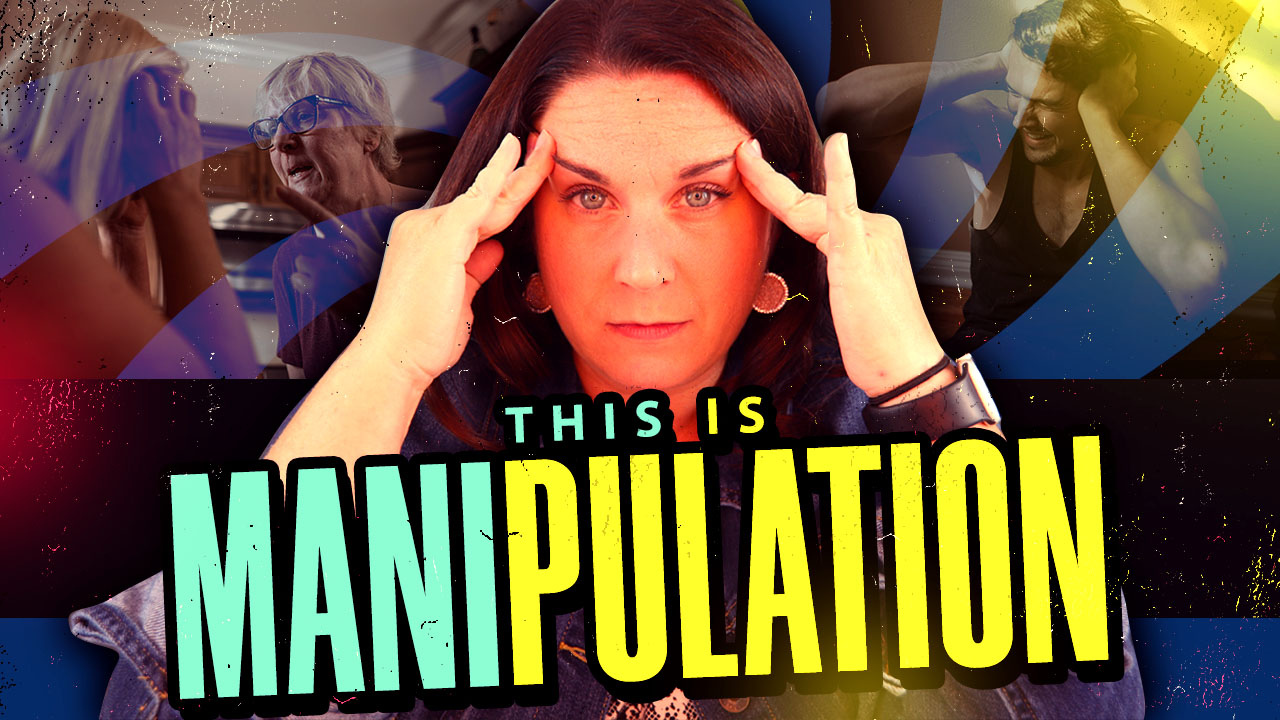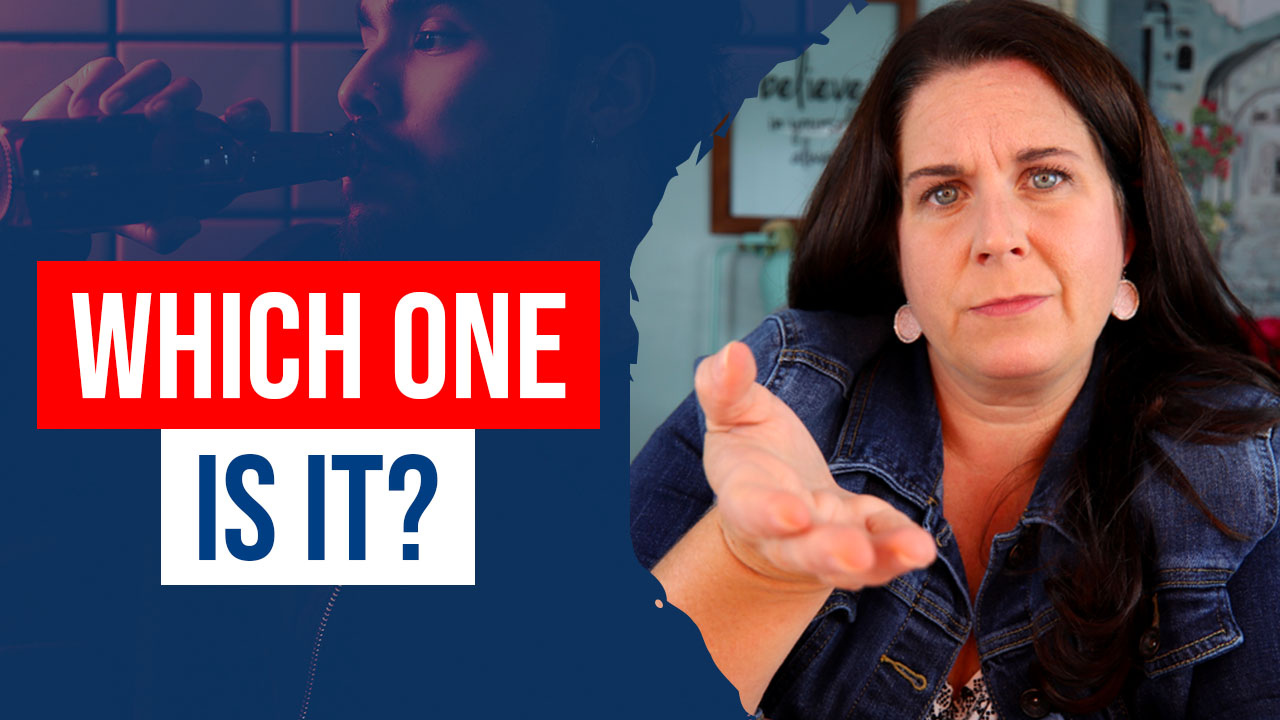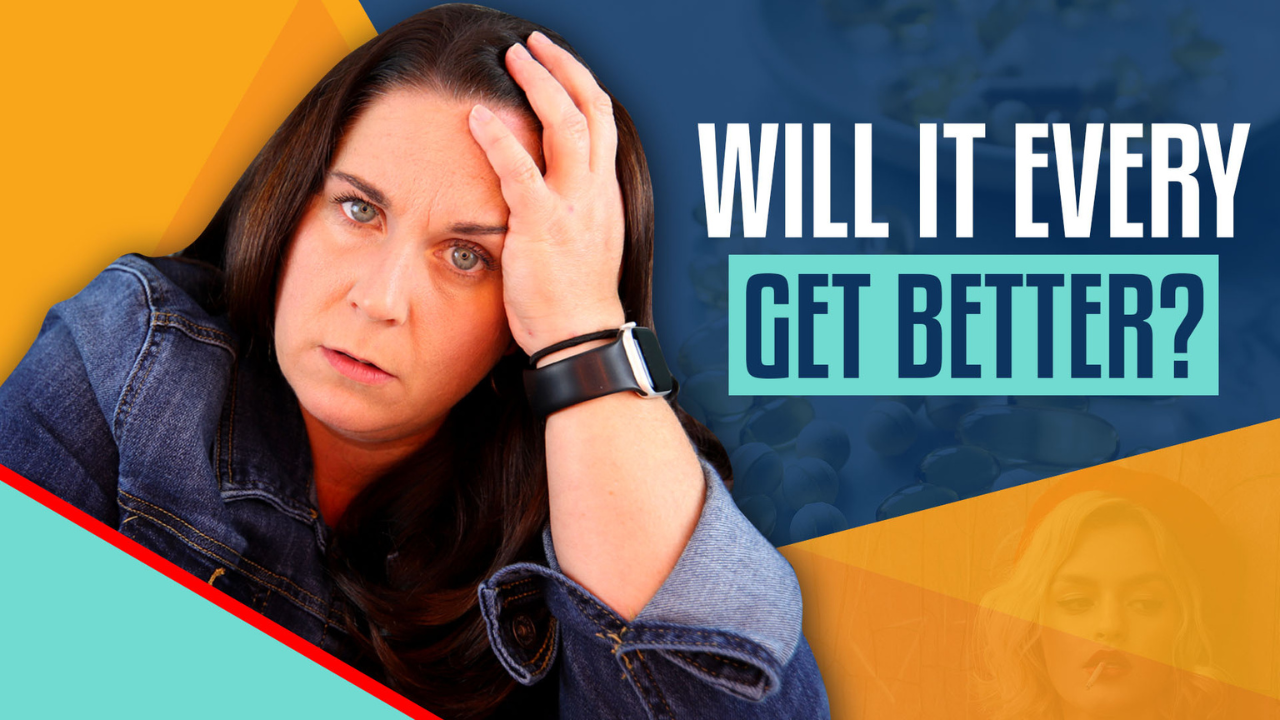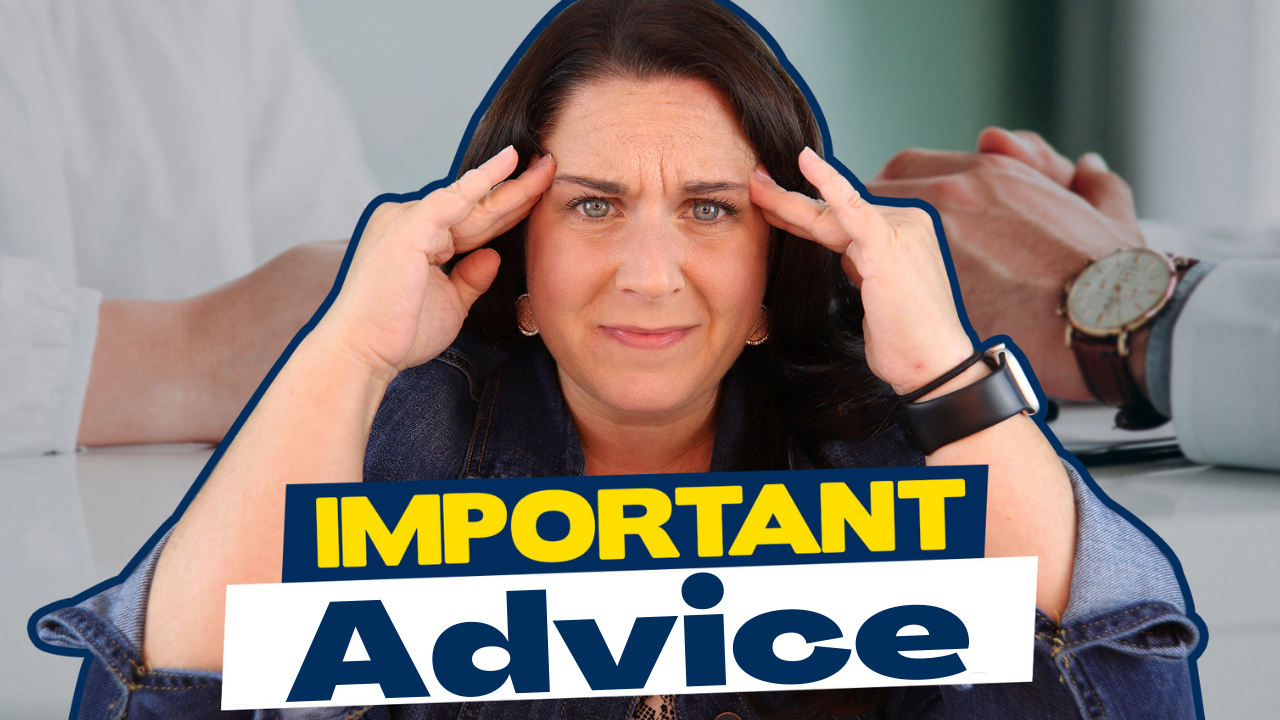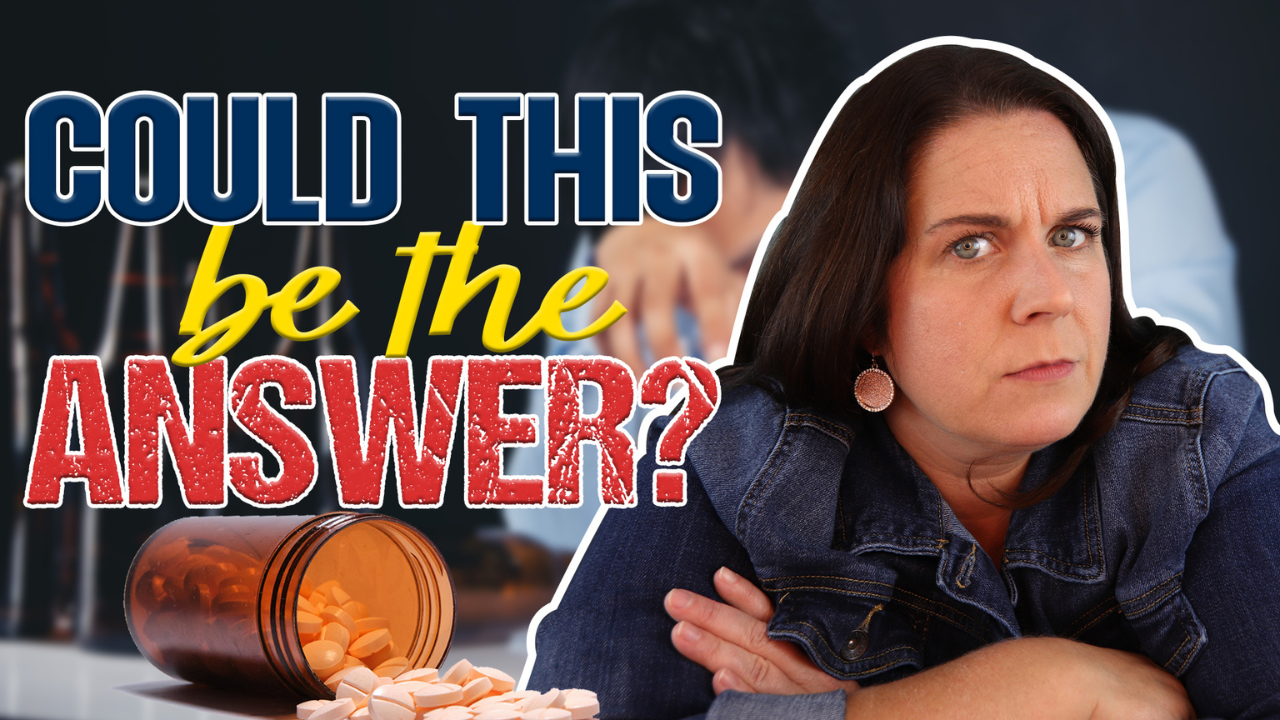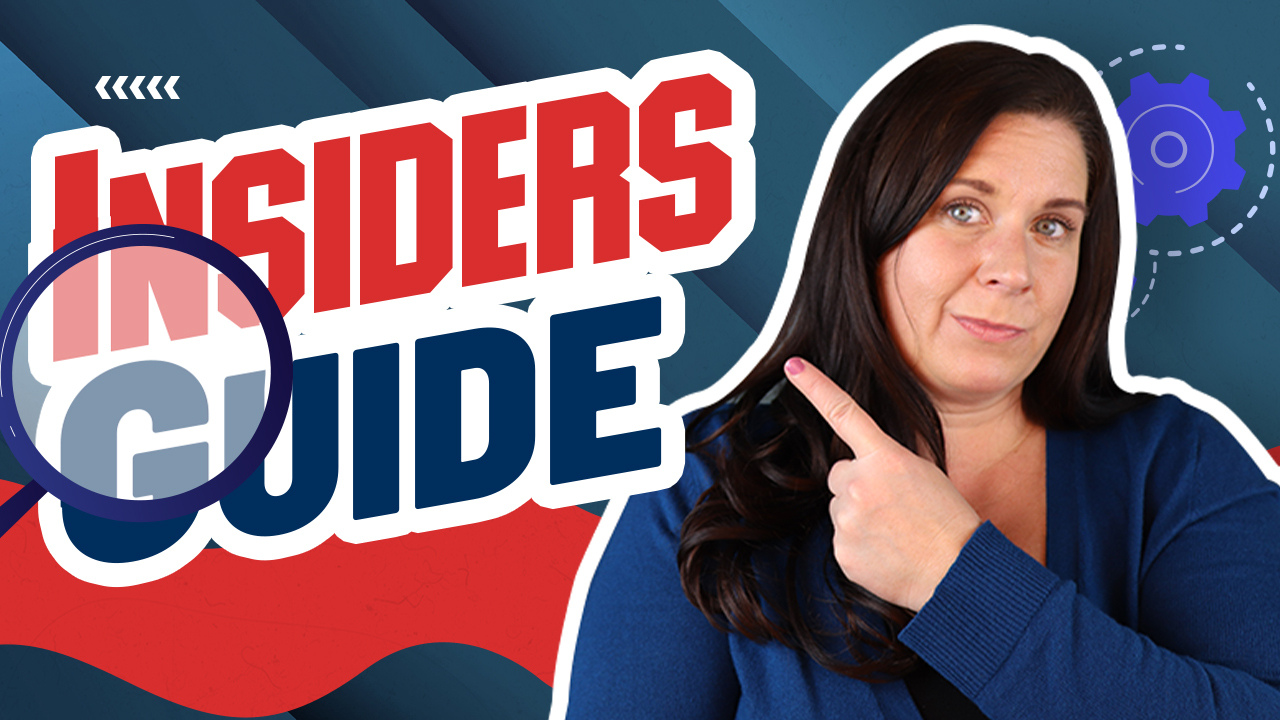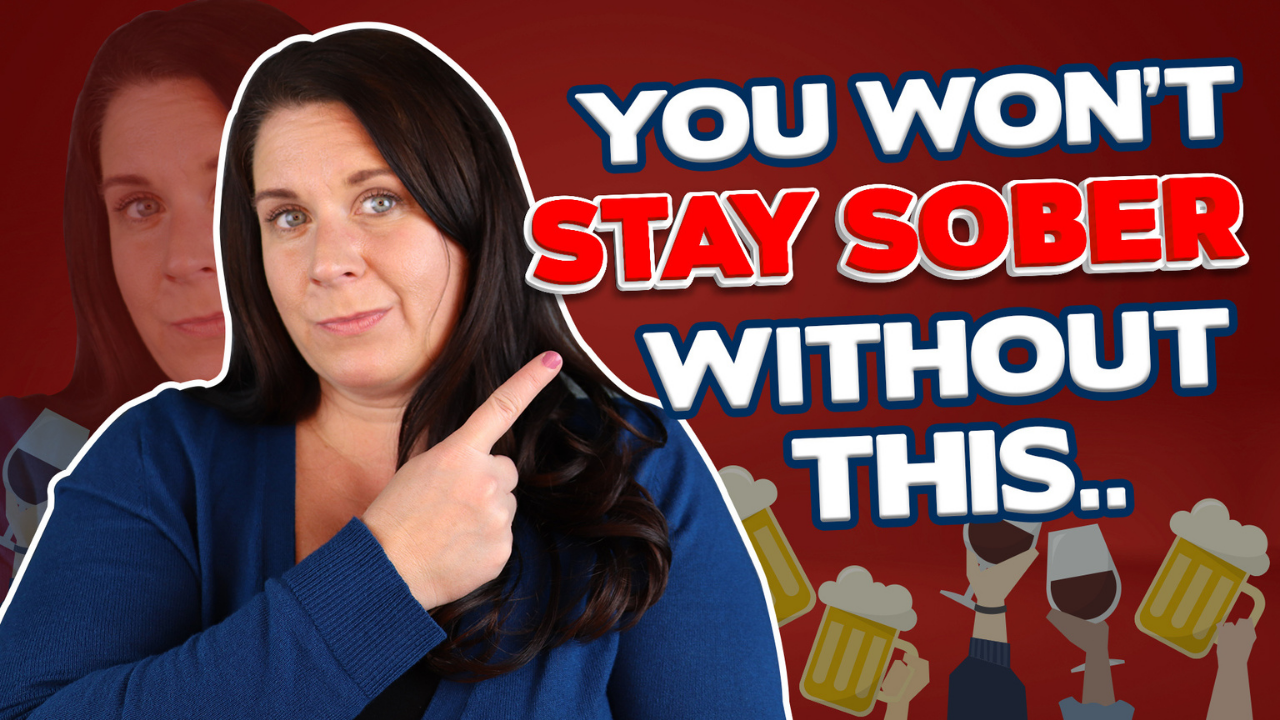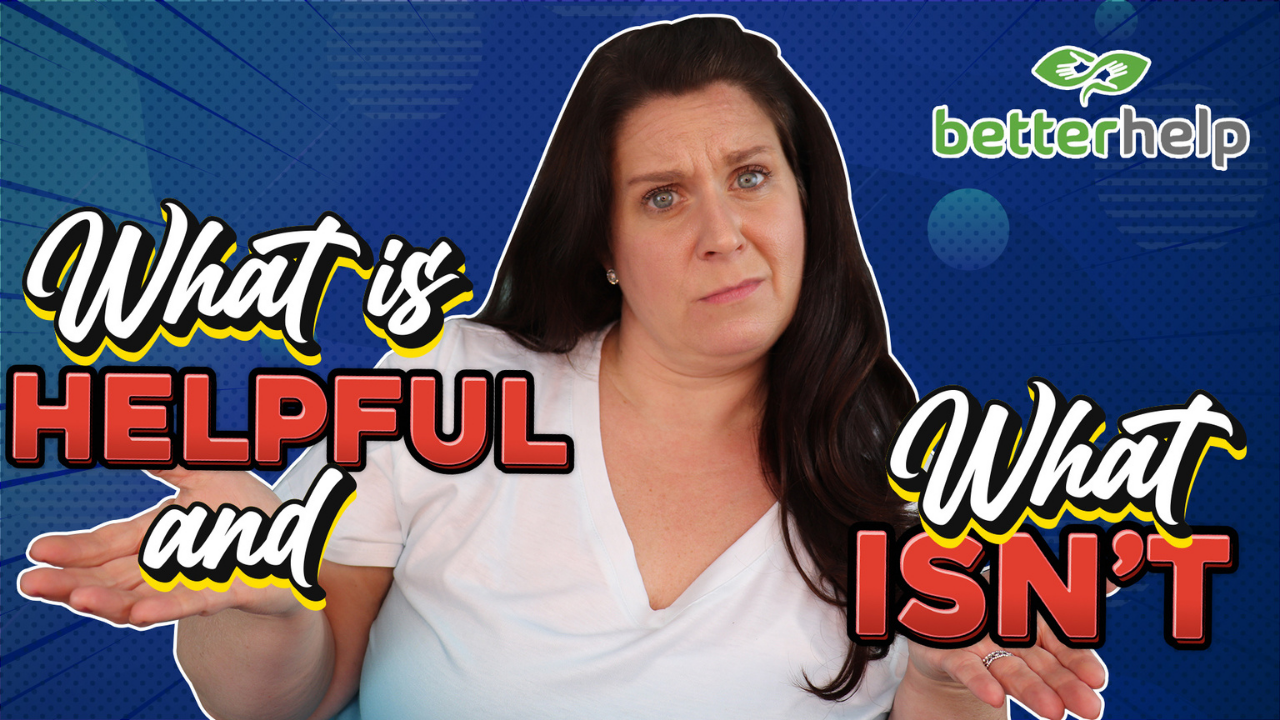Manipulations Your Addicted Loved One Will Use, To Convince You They Don't Have A Problem
These are seven things that your addicted loved one will say to convince you they don't have a problem. These are just manipulation tactics, which is why I want you to be able to identify them and know what's happening when you hear them.
Manipulation #1
Your loved one will likely tell you, "I'm not nearly as bad as all those people at the meetings or the treatment center. I don't even do it every day."
I call this--It's not as bad as you're making it to be a manipulation tactic.
Manipulation #2
This goes hand in hand with the first one. They will probably give you both at the same time.
"You are just so uptight, I don't know why you worry about this so much. You used to drink with me and be fun. This is a gaslighting manipulation technique.
If you want to know how to deal with manipulation tactics, my manipulation guide will cover different types of manipulation. The manipulation guide will give hints and pointers on how to deal with gaslighting.
Manipulation #3
"I quit for 30 da...
Is It Borderline Personality Disorder or Addiction? (or both?)
Is it Borderline Personality Disorder or Addiction?
Borderline personality disorder and substance use disorders frequently occur together, and there's a lot of overlap in symptoms.
How do you pull the pieces apart to see if you're dealing with addiction or borderline personality disorder?
Symptoms of Borderline Personality Disorder
You'll see frantic efforts to avoid reality or imagined abandonment. You're going to see a pattern of intense and unstable emotions. People with a borderline personality disorder often engage in dangerous impulsive acts like binge eating, reckless driving, excessive shopping, unsafe sex, and substance use disorders. You may also see self-harming behaviors and recurrent suicidal ideation. You'll see intense mood swings in someone with borderline personality disorder, and they'll often struggle with feelings of emptiness.
People with BPD may demonstrate inappropriate, very intense anger and sometimes feel disassociated from themselves and the world aroun...
Prove that You're Serious About Your Recovery
It can be challenging to prove to your family, loved ones, and friends that you are serious about your recovery especially if you've tried several times before. These are the three most important steps you need to take to prove that you are serious about your recovery.
Don't you hate the dreaded question, "What will be different this time?"
Tip #1- Things you shouldn't say.
These are common statements for people in early recovery to say,
"I just want to put this mess behind me and move forward."
Now on the surface, there doesn't seem to be a lot wrong with that statement. To your family and your loved ones, it sounds like you want to forget every bad thing that happened and move forward without changing anything and never even acknowledging it.
I get why you would want to put it behind you, but most of the time family members think you have to deal with it to make sure it doesn't happen again. A better way to say that same thing would be to say, "You know what, this has been an awf...
If You Want To Understand Addictive Behavior, Watch This Video!
Recently, one of our viewers asked the following question:
"Why does it seem that people with addictions (drug, alcohol, or any addiction) aren't able to self-soothe?
The truth is there are several reasons for this.
Reason #1
The first reason people with addictions have trouble self-soothing or coping with things is that they're on an emotional roller coaster.
They're alternating between feeling great and feeling terrible.
They're constantly on this treadmill.
A lot of the time, the person is in an actual withdrawal state. If you haven't experienced this before, I want you to take a minute and think about the last time you felt sick. At that moment, while you're lying in bed, you want the misery to end. Think about how well you coped with things when your kids needed something when your boss or work was calling you, asking you for something, think about how you felt inside your head.
I bet your emotional response wasn't as great as it usually would be because when we're in dist...
How and When To Break Away From Someone Who Has An Addiction!
Breaking away from someone who has an addiction is an extremely difficult decision to make. I'm going to give you some guidelines that will help you think the situation through strategically.
WHEN to break away
&
HOW to break away.
This decision and process may be the most difficult thing you've done in your life. The person may firmly resist your efforts. You're going to have so many mixed feelings. You'll likely have guilt about leaving, and maybe you feel like you're their last bridge out there. You may have the belief that if you leave, they will fail.
Maybe you're even still hoping they will turn it around because you see little glimpses of the real them now and then.
Those thoughts will keep sucking you back into the relationship.
When should you break away from someone who has an addiction to drugs, alcohol, gambling, or any addiction?
When #1
Break away after you've given leaving a lot of thought. It's not a decision you need to make in the heat of the moment or after a b...
Is Vivitrol (aka Naltrexone) the solution to alcoholism and Opioid Addiction?
Can you treat alcoholism with a pill, and what about opiate addiction? The answer to that is kind of, and if you want to find out how all that works, you're in the right place.
Pills vs. Injection
Naltrexone comes in two forms. You can take it in medicine form like a pill or take it in a once-a-month injection, and there are pros and cons to doing it either way.
The pros of taking it in pill form are that it's a lot easier to get it that way and a lot less money. The once-a-month injections are kind of obvious. It's only once a month, and there's no remembering to do it. It is a little more difficult to get your hands on. A prescription is needed and ships from a pharmacy in Florida, but it's doable.
How Does Naltrexone Help Opioid Addiction?
It binds to endorphin receptors in your brain, which essentially blocks receptors. These are the same receptors an opioid acts on, like a pain pill or heroin. If you're taking Naltrexone or Vivitrol and you use pain pills or heroin, it will...
Don't Pick An Addiction Recovery Program Until You See This Video!
I get asked for recommendations on treatment programs at all different levels of care for people wanting to know where to go for treatment. I'm not the greatest at knowing all the best treatment programs around the country.
But, I know what you should look for when doing your research.
What makes an exceptional addiction treatment program?
#1
First and foremost, I think any good program will take the time to listen to the person before the person comes into the program. Not only listen to the person but listen to their family as well.
Every individual has their own specific needs, anxieties, and fears. A good program will take the time to listen to you as an individual, understand what you need, and assure you're a good fit.
Too many programs do something I call "the factory of mental health," where it's similar to an assembly line.
When it comes to addiction, it's even worse than that. You will get responses like, "come back when you're ready, or you're just not willing en...
If Addiction Is A Disease Why Is The Answer Spiritual?
If having an addiction is a disease, why does everyone say the answer is spiritual?
In the world of recovery, there are different factions or groups out there. Every group has different beliefs about what an addiction is and how you fix it.
Some factions of the recovery world believe it is purely a brain illness, and you treat it with medication. Some people think it's a brain illness, but it's also a spiritual abnormality. Then another section of people said, "it's just individuals being bad, and need to act right."
We're going to find the intersection of all those things and find exactly where the crossover is because there's a little truth to each.
One of the first recovery models
One of the first recovery models that had success is the 12-step model. That's why it still exists today.
The 12-step model was born out of a religious model. If you look at the history of AA, which is alcoholics anonymous, you'll know that Bill Wilson, an alcoholic, became interested in a religious move...
2 Essential Components of Relapse Prevention
The crucial steps for staying sober
These are the crucial steps for staying sober, regardless of the recovery plan that you're working on or NOT working on. If you're not doing this, you're working on a relapse.
The point of getting sober is that you have the freedom to choose who you want to be in a relationship with, and who you don't. Being sober is about having freedom. And to be honest, being sober is much, much easier than being an active addiction.
Think about all the time, energy, effort, planning, scheming, hiding, worrying, and feeling guilty. Think of all the time and energy you put into doing all those things in active addiction. Guess what? In sobriety, you don't have to do any of those things.
Make a plan.
You have to plan on how to stay and keep your sobriety. Just like you had to plan out how you would use, get it, get away with it.
Category #1
The first category in planning for sobriety needs to be the big sort of overall general, how you're going to keep your...
5 Ways To Support Someone Trying To Get Sober
We're constantly saying to people trying to overcome an addiction you can't do it yourself. What do you need, what is helpful, what is not, and how can other people support you?
Let's look at what kind of recovery supports are available and what you need to look for. We're also going to identify who will be part of your recovery support network.
On an individual basis, what do you need from the people around you?
There are five categories that you need in a support network. You most likely won't have one person that can do all of these. This is why you need a few different people in your life that serve a few functions.
One of the things you need is someone that can serve as a sounding board.
You need someone you can bounce your thoughts off of and help you sort through stressors and think through problems. Someone that you can talk to freely without feeling judged. The person who does this for you will need to have a few unique characteristics. First and foremost, you have to see...
